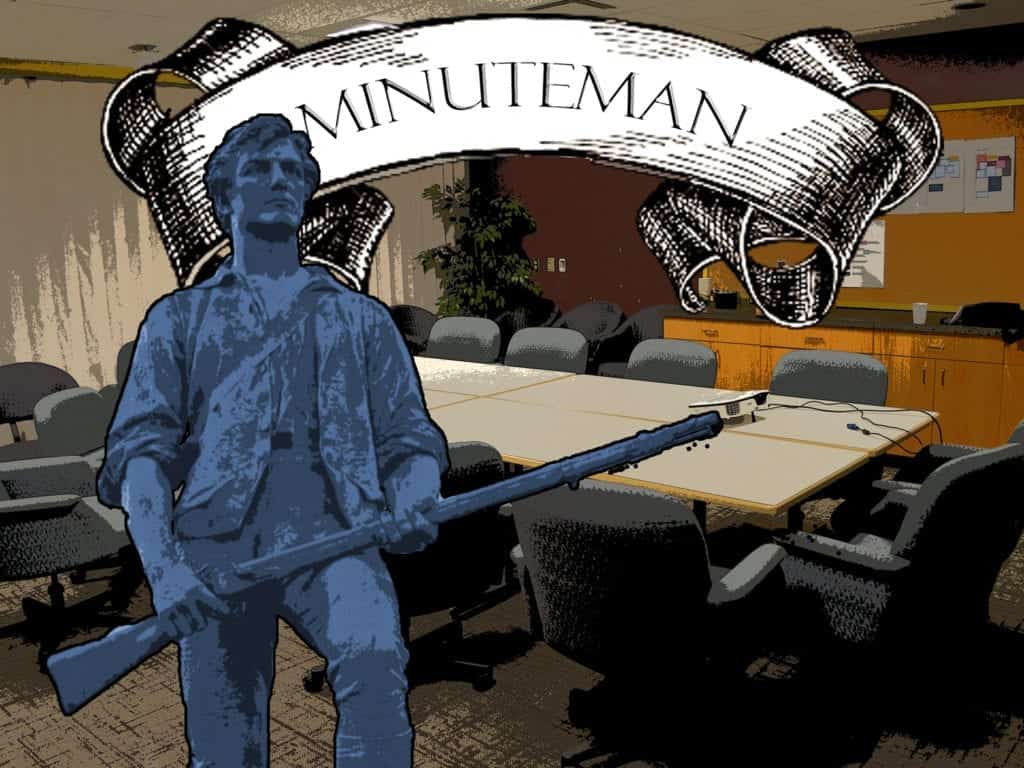URSU board members contributing to income inequality

Select board members believe paying out of pocket “builds character”
“Dipping into your savings builds character.” “It’s money. You can get it back.” Dipping into your tuition money is “part of a life story.”
At a recent URSU board meeting, as is usually the case, many individual students and campus club representatives came to present their requests for funding to the board. During the board’s deliberations – which are open to the public, though the individuals requesting funding do step out of the room – this specific conversation took place between board members Alfred Adenuga and Karlene Pruden, and I believe it warrants some further examination.
When it comes to funding requests, the board chooses to present the results of their deliberations unanimously – no matter what individual members may have advocated for, once the votes are cast, the amount agreed upon is the decision of the board. For this reason, out of respect for their process and the students involved, I will attempt to avoid identifying details in my discussion of the opinions expressed and their implications for the student body.
What I will say is that, during the February 4th board meeting, a small group of students came to request funding to travel to an international conference. When asked about what they would do if they did not receive any URSU funding, the students said they would dip into the money they have saved for tuition so that they could attend.
It seemed clear from context that the board members’ comments stemmed specifically from the students’ answer that they would dip into their savings to pay to attend this conference, rather than simply not go, if they were not funded. Perhaps Adenuga and Pruden believe that any amount of savings is equivalent to wealth, so it will be easy for these students to get the money back? But how are students supposed to pay thousands of dollars in tuition two or three times a year if they do not save? A student who has $4000 in their bank account today might seem able to spend on extra expenses on paper, but if they’re staring down an upcoming $3200 summer semester tuition payment plus monthly expenses including rent, utilities and food, that number suddenly looks a lot less secure, especially if their income is precarious.
Now, I don’t know the specific details of these students’ financial situation, but then again, neither does the board – I heard the same presentation they did. What I do know is that the opportunity to attend academic and field-specific conferences can be an invaluable educational and networking opportunity, allowing students to share their work with their peers and expand their horizons. I have great respect for the URSU board’s commitment to providing financial assistance for travel to these conferences, and I’m sure many students over the years have benefited from this funding. However, because these conferences can be so valuable, students who have the opportunity to go may feel pressured to do “whatever it takes” to get themselves there, whether that’s working extra hours at the expense of sleep or study or taking out a loan that may follow them well after graduation, for example.
On multiple recent occasions, the board has discussed the possibility of standardizing the funding amounts they would award for domestic and international conference travel, and I think that would be a solid step in the right direction towards promoting equity and reducing opportunities for bias in funding deliberations.
However, even if they do take that step, the attitudes these board members expressed towards student finances speak to a serious lack of understanding about the challenges faced by many members of their constituency.
Since 2008, research from The Hope Center for College, Community, and Justice has found that the main barrier to college completion isn’t tuition – it is housing and food insecurity. In 2016, a national charitable organization found that 2 in 5 Canadian university students experienced some form of food insecurity, and 50% of students had sacrificed buying healthy food to pay for rent, tuition and textbooks. On our own campus, the line for URSU’s bi-weekly food pantry regularly stretches all the way around the perimeter of the Riddell Centre Multipurpose Room. Our URSU representatives are clearly aware of these challenges, since they have built or promoted multiple food security programs including the URSU Cares, the Good Food Box, and Breakfast Club. However, just because financial struggles can be part of a college student’s “life story” does not make that a desirable goal in itself.
When I try to explain the impacts of financial instability to people who have not themselves experienced it, I talk about acrobats on a high wire. If you have enough money, or you have friends and family who are able to help when times are tough, you can leap and flip and swing to your heart’s content, secure in the knowledge that there is a solid safety net to catch you if you fall. But if that safety net goes away, some of those risks – a challenging class, a volunteer commitment, pursuing an ambitious essay topic for a final project – suddenly seem a lot more dangerous. And if you are in a particularly precarious position, any stumble – an unexpected bill, illness that forces you to miss work, a family emergency – might send you falling with no clear way to get back up.
Over the years, URSU has been involved in many programs that significantly and meaningfully impact student life, and I’m sure they will not stop now. But when it comes to these naïve and out-of-touch assumptions about student finances, I say: focus on your constituent’s well-being and access to opportunity. Let us worry about our own character and life story.









